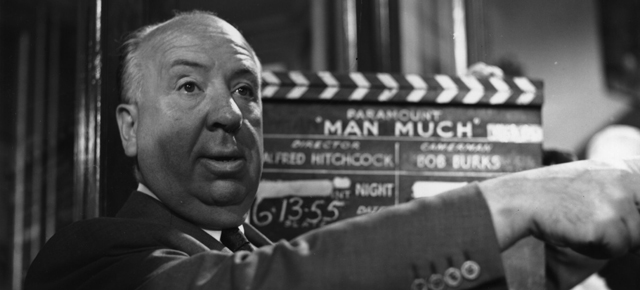Alfred Hitchcock, our master of suspense, was incredibly good at manipulating his audience — a fact that has now come in handy for neuroscientists. When they screened a Hitchcock thriller for volunteers in a brain scanner, they found that brain activity of a man who has been in a vegetative state for 16 years was astonishingly similar to that of healthy, conscious people.
In the past few years, scientists have slowly inched toward communicating with brain-damaged patients who can’t talk or walk but are minimally aware. Exactly how aware we never knew — until functional magnetic resonance imaging (fMRI) revealed some remarkable results.
In this current study, published today in the journal PNAS, the neuroscientists screened a condensed episode of Alfred Hitchcock Presents to several healthy volunteers and two patients in a persistent vegetative state. For one patient, the sensory areas of her brain were active, but there was so sign of deeper comprehension. But for the other patient, a 34-year-old man, his frontal and parietal areas were more active at suspenseful moments — just like in the healthy volunteers.
Back in 2006, scientists found that a vegetative woman instructed to imagine playing tennis in an fMRI machine had similar brain activity to that of a healthy brain. The finding shocked neuroscientists, most of whom didn’t think such patients were conscious at all. The Hitchcock study shows that movies and TV could also be used as a simpler test for consciousness.
There’s a heartwarming detail to this study too. “Ever since the 34-year-old man lost consciousness at age 18 after being assaulted,” reports Nature, “his father has taken him to the cinema every Wednesday.” All those Wednesday movies have not gone to waste.[PNAS via Nature]
Picture: Hulton Archive/Getty
